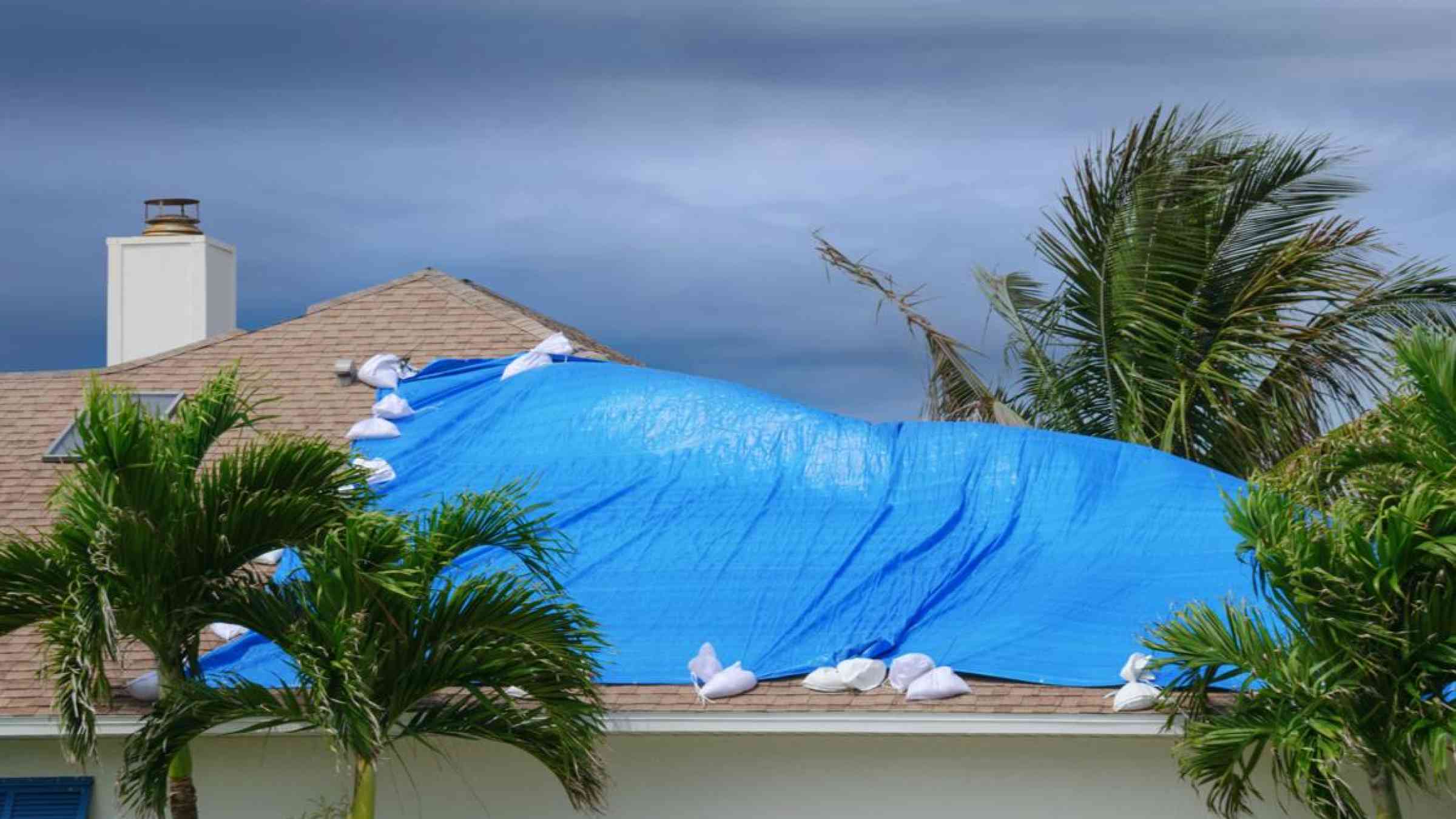Call for case studies for policymaking on loss and damage

IIED is inviting civil society organisations, local experts and researchers to share case studies to gather local level evidence on climate change loss and damage from vulnerable countries.
Closing date: 15 July, 2021
Interested applicants have until 15 July, 2021 to submit abstracts of case studies that provide local evidence on a range of experiences of climate change loss and damage in the least developed countries (LDCs), Small Island Development States (SIDS) and other actors from climate vulnerable developing countries.
In partnership with the International Centre for Climate Change and Development (ICCCAD), IIED is aiming to tackle current policy bottlenecks on loss and damage, and leverage evidence to influence policy action ahead of the UN climate negotiations (COP26).
Focus: inspiring locally led loss and damage policy action
The focus of this call is to collect primary data knowledge and provide grounded evidence of the challenges, possible responses and appropriate sources of finance needed to address loss and damage.
In international climate policy there is no universally agreed definition of ‘loss and damage’ from climate impacts that can manifest slowly, such as sea-level rise, ocean acidification and desertification, or hit hard and fast (for example cyclones, drought, flash flooding).
The loss and damage from these impacts may be repaired at a cost, including damage to buildings and infrastructure, destroyed crops and loss of livestock. Many are non-economic, such as death, damage to health, destruction of crucial ecosystems, and loss of cultural heritage and Indigenous knowledge.
This initiative aims to support LDCs, SIDS, climate activists, developed country governments and financial institutions to co-create a ‘political roadmap’ for action to avert, minimise and address loss and damage risks by 2030.
The case studies will also be used to develop and publish a compendium of case studies that can feed into the policy debates on loss and damage at COP26 in Glasgow in November.
Case studies might cover the following aspects of climate change loss and damage:
- Climate hazards such as droughts, floods, soil degradation, glacier melt, sea-level rise, salination, coastal erosion and biodiversity loss
- Lives and livelihoods of vulnerable people and upon the ecosystems and infrastructure they depend on
- Other risks such exacerbation of poverty, health or marginalisation
- Impacts at community level such as access to basic services and institutions, population displacement or loss of customs
- Coping and adaptation measures being employed by households and communities to address, minimise or avert loss and damage, and
- Priorities for action on loss and damage at local and national levels, sharing solutions, and providing recommendations.
To submit a case study
Case study abstracts should be sent by email to ICCCAD via [email protected], including ‘L&D case study abstract submission’ in the subject line.
The format and full submission process is detailed in the abstract submission form (Word document). The deadline for submissions is 15 July, 2021.